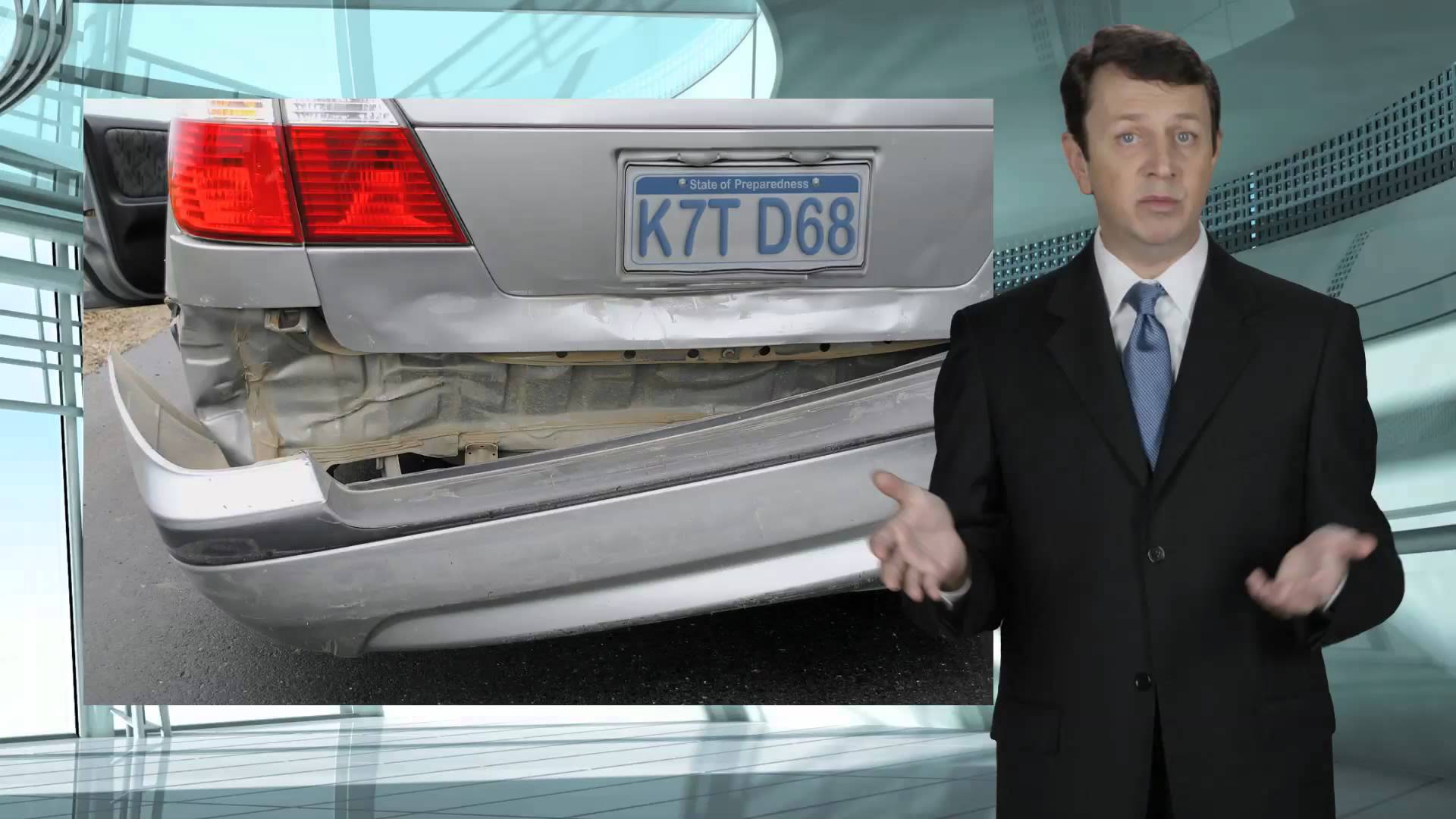http://www.MattLaw.com
A deposition is a statement taken of a party or a witness ,under oath, in front of a court reporter. Any statements made, may be used in court. It is one of the most important tools that lawyers use to gather evidence and information about a case. As a trial lawyer, almost everyone of my clients who is involved in litigation will be required to give a deposition. And in most cases, I will depose the person who we contend is at fault for causing damages or injuries to my client.
Here is some basic information about a deposition. In the deposition, there will be a court reporter whose job is to take down every single word that is said in the deposition. Sometimes the deposition will also be videotaped by a videographer.
My client will be asked a long series of multiple questions by the attorney representing the opposing party. In some cases, there may be more than one attorney, and each will have their turn to ask questions. The testimony will be taken down by the court reporter who will type it up and print it out in a booklet type form.
To help you prepare for your deposition, here are a few things I always tell my clients. Rule number one, tell the truth. This is the most basic rule and should never be taken lightly.
Additionally, here are four steps that are also important to understand. First you should always LISTEN to the question being asked to you very carefully and then Secondly, PAUSE. . . . PAUSE before you answer. The reason you want to pause is, one, you want to make sure that the attorney is through asking the question, two, it gives yourself an opportunity to make sure you understand the question, and three, it gives your attorney an opportunity to make an objection if one should be made. So do not answer the question too quickly and pause before you answer. After following these first two steps, then you can go on and number Three, ANSWER JUST THAT QUESTION. Then number Four: STOP TALKING. Often times, this is the most difficult part of the deposition because people want to explain all sorts of things in their answer, when quite often, an explanation is not requested or needed. If an explanation is needed, typically the attorney will ask for it or, at the end of the deposition, YOUR attorney may ask you to explain something further.
Also, if you do not understand a question, or it seems complex or compound with lots of parts, please ask the attorney to rephrase the question. The reason for this is that when your testimony is typed up into a booklet, the question will be very clear and your answer will be very clear. So if you did not fully understand the question and you guessed, then your answer may not be as accurate as you meant it to be.
Remember, you should take your time and you are not to be rushed. As a witness, you can set the pace of the deposition by listening to the question carefully, pausing, and then answering the question when YOU are ready. Also, you are allowed to take breaks if and when you need them. A deposition is not an endurance test.
Typically most depositions come in three phases. Phase one will be about your life BEFORE the accident or event that caused your injury. You will be asked all types of background questions like, tell me all the places where you worked, where you lived, where you went to school, all about your prior medical history, as well as who are all the doctors that you have seen in the past. If you’ve ever been convicted of a crime, been arrested, been in drug or alcohol rehabilitation. Or have you ever been divorced, used an alias name, filed tax returns for the past five years, or lied on an employment application.
You will certainly be asked you if you have ever made any other claims for personal injury or worker’s compensation. They will ask you to list all other prior injuries or hospitalizations. They may ask if you have ever been a victim of domestic violence, or if you have ever sued or been sued. They will ask you to explain how you selected the doctors that you have seen for this case. They may also ask if you have gone on any vacations or trips since the accident. In this background phase of your deposition, try to answer the questions without much elaboration. Keep it simple and straight forward.
Phase two of the deposition is typically about the FACTS of the accident or the event that caused your injury. In some cases, such as a rear-end motor vehicle crash, the facts of how the accident happened may speak for themselves. You really won’t have much to explain since you were facing forward looking out the windshield and you never saw the car that hit you before the impact. In this situation, your answers will be short and simple. However, in other cases that are more complex and the issue of liability is contested or in dispute, your version of how the accident happened may be critical to protecting your claim.
http://www.MattLaw.com
